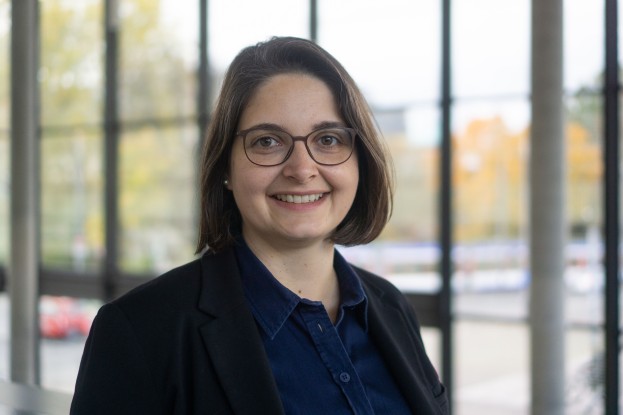Eigenvalue equations related to persistence probabilities
This project aims at students who are very familiar with solving complicated (ordinary) differential and integral equations and who would like to learn about a connection between eigenvalues of operators and probability theory.
The mathematical setup is as follows: The classical Perron-Frobenius theorem states that for a non-negative, irreducible matrix the spectral radius is an eigenvalue of the matrix with positive eigenvector and algebraic multiplicity one. This theorem can be used in probability theory to compute the rate of decay of the probability that a Markov chain does not exit a given part of the state space for a long time. The rate is given by the spectral radius and can be 'computed' from that fact that it is an eigenvalue. Transferring this relation to infinite dimensional spaces, where one considers operators e.g. on the space of continuous functions instead of matrices, is non-trivial.
The project is concerned with finding concrete eigenvalues of concrete integral operators. The concrete operators we consider come from the connection to probabilistic questions. For examples of such operators, see Chapter 3 and 6 of [Aurzada/Mukherjee/Zeitouni]. Via the above-mentioned connection, one can thus obtain probabilistic results.
As a student, you should be familiar with basic (measure theory based) probability theory in order to understand the connection between eigenvalues of concrete operators and the probabilistic objects. However, most importantly you should be willing to try to find solutions to very concrete eigenvalue problems, e.g. of the types in Chapter 3 and 6 of [Aurzada/Mukherjee/Zeitouni]. Ideally, the researach goal is to find new concrete solutions to eigenvalue problems for operators connected to probabilistic problems. Such new solutions would be publishable in international journals.
Additional Information
| Supervisor | Prof. Dr. Frank Aurzada |
| Availability | Spring and Fall 2025 |
| Capacity | 3 Students |
| Credits | 12 – 18 ECTS |
| Remote Option | Yes |



